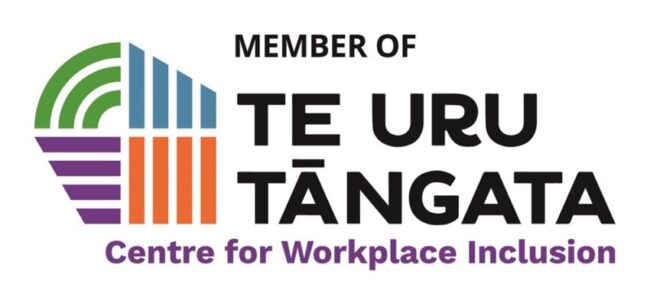The Government has introduced a further Bill that represents a comprehensive effort to modernise New Zealand’s credit market regulation – aiming to benefit both consumers and creditors. These changes represent the Phase 2 changes briefly mentioned in our earlier article.
The latest round of proposed amendments in the Credit Contracts and Consumer Finance Amendment Bill include transferring regulatory responsibility to the Financial Markets Authority (FMA), introducing a licensing regime and refining the rules around disclosure failures.
Introduced on 31 March 2025, the Bill aims to create a more balanced and effective regulatory environment, ultimately fostering a fairer and more transparent credit market.
The five key proposed changes
- Transfer of regulatory responsibility
One of the most notable changes is the transfer of regulatory responsibility for credit contracts and consumer finance from the Commerce Commission to the FMA. This shift aims to consolidate oversight and leverage the FMA’s expertise in financial market regulation, ensuring more consistent and effective enforcement.
- Introduction of a licensing regime
The Bill transitions lenders from a certification to a licensing regime under the Financial Markets Conduct Act 2013 (FMCA). This change aims to enhance the accountability and professionalism of lenders, requiring them to meet higher standards of conduct and compliance.
- Removal of due diligence duty
The Bill proposes removing the duty for directors and senior managers to exercise due diligence to ensure compliance with statutory duties and obligations. This change is designed to reduce the regulatory burden on senior management while maintaining robust compliance frameworks within lending institutions.
- Changes to disclosure failures and other beneficial changes to lenders
Under the current Credit Contracts and Consumer Finance Act (CCCFA), a creditor’s failure to make required disclosures can result in the debtor not being liable for borrowing costs. This can have disproportionate consequences for a lender where the failure stems from a minor or technical breach of the CCCFA initial and variation disclosure requirements.
If enacted in its current form, the Bill proposes to repeal section 99(1A). The repeal will not apply to existing consumer credit contracts. However, relief provisions introduced in 2019 (which allowed the courts to reduce the effect of section 99(1A) where “just and equitable”) will now apply retrospectively for disclosure breaches occurring prior to 2019.
Other beneficial changes for lenders include:
- Widening the current exemption for loans to borrowers who are trustees of family trusts to any category of trust; and
- Lenders will no longer be required to provide continuing disclosure if the borrower’s unpaid balance is accessible on the lender’s website.
- Enhanced consumer protection
To further protect consumers, the Bill proposes providing the FMA with a range of regulatory tools and powers.
These include the ability to take enforcement actions against non-compliant lenders and to ensure that consumers are treated fairly and transparently in their credit dealings.
How could this affect you?
If you feel that the latest CCCFA proposed amendments may affect your business, feel free to reach out to our Banking and Finance professionals for advice on how to best prepare for these changes.




